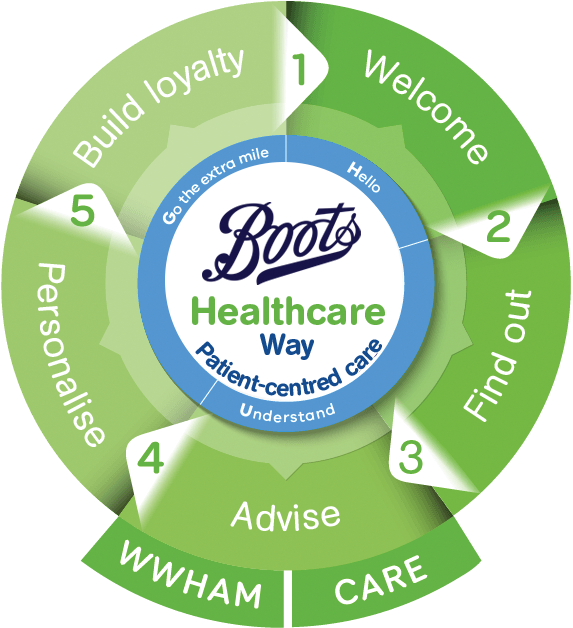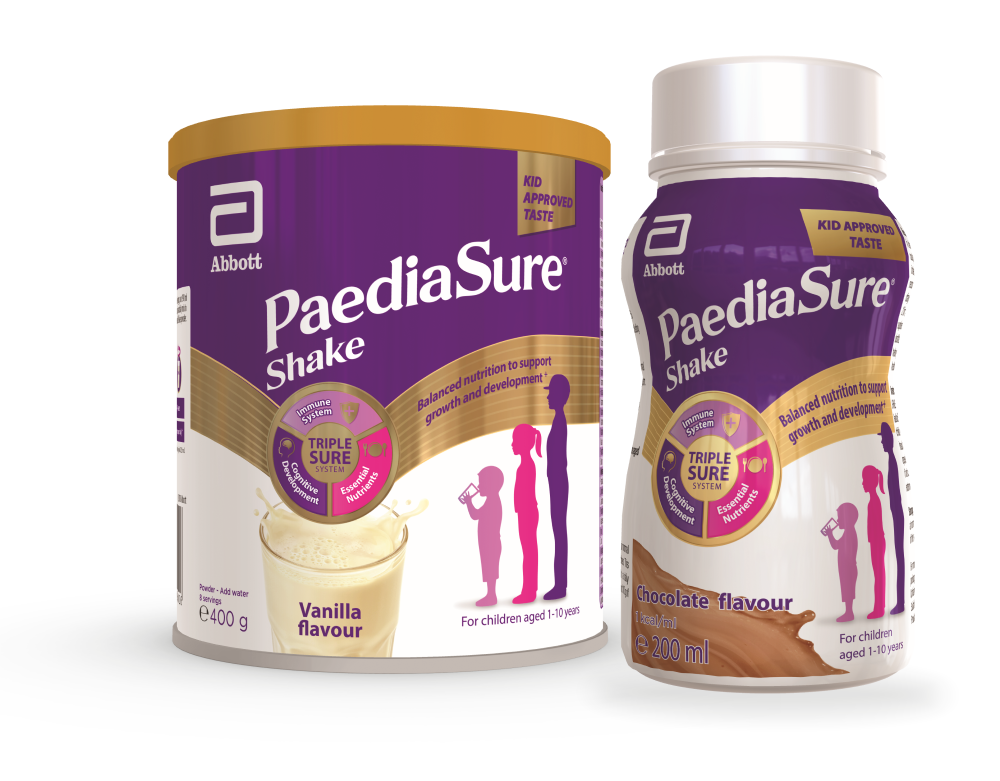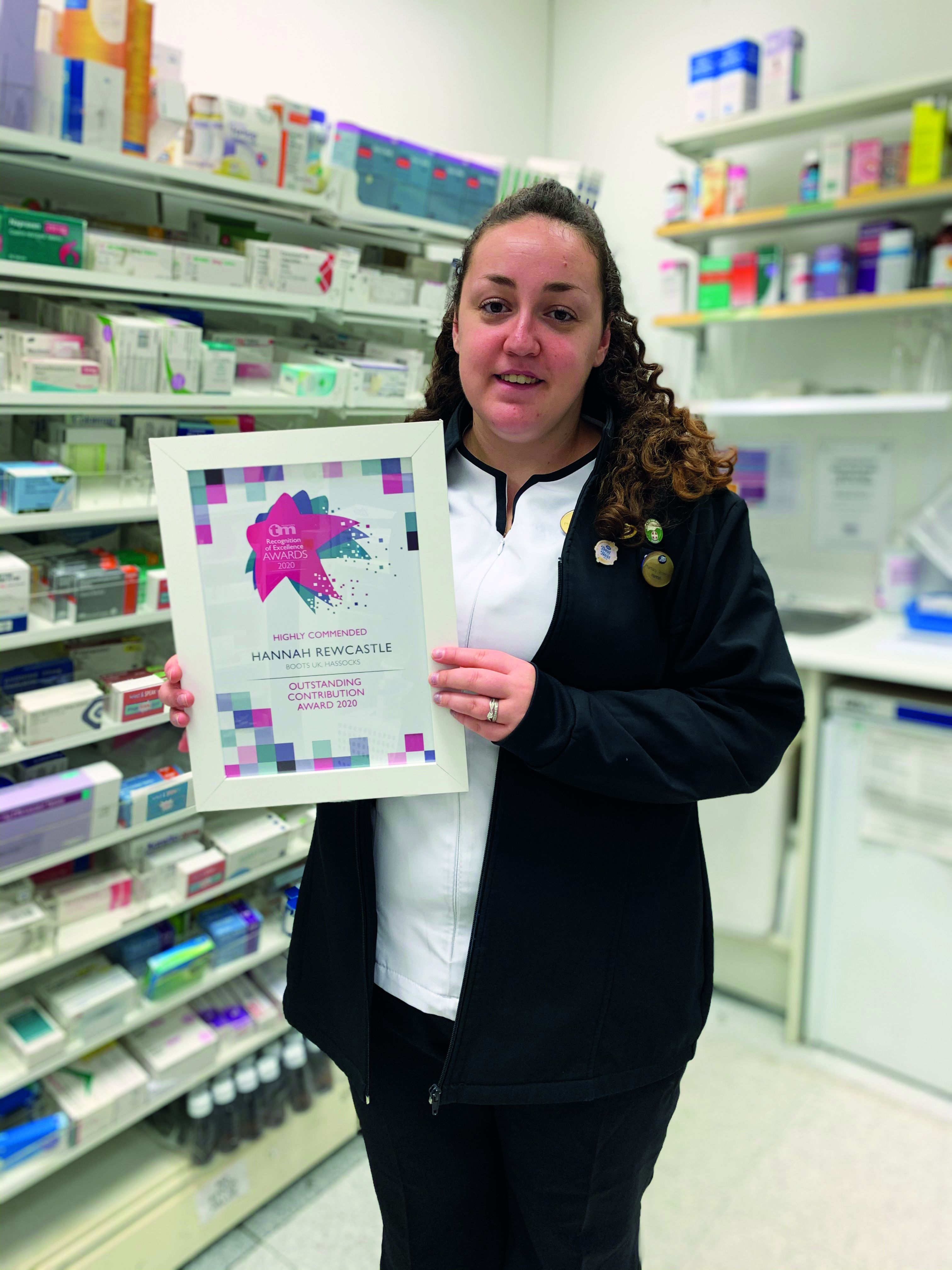Additional advice


Supplements
The Government recommends children aged one to four years take a daily supplement containing 10 mcg of vitamin D. They also recommend that children from six months to five years take daily supplements containing vitamins A and C.
For children over four years, the Government recommends they consider a daily supplement with 10 mcg of vitamin D during autumn and winter to help ensure they are getting enough. Some groups should consider taking a vitamin D supplement all year round, e.g. if they are not outside enough to get vitamin D from sunlight or they have dark skin.
NOTE: Too much vitamin D supplementation can be harmful. Children aged one to 10 years should not have more than 50 mcg a day.1
PaediaSure Shake
Available in two formats:
- Powder - add it to water to make a delicious and nutritious milkshake style drink. Perfect to use alongside meals or at snack time. Available in vanilla, chocolate and strawberry flavours.
- Ready-to-drink - convenient for use when out and about, in lunchboxes and before or after clubs. NEW bottle shape reduces the amount of plastic by over 26 per cent. Available in vanilla and chocolate flavours.

Perfect for fussy eaters: parents reported an improvement in appetite in four weeks*2
Less sick days: parents reported a reduction in sick days by 64 per cent in 16 weeks*2
Support to get back on track: provides essential nutrients to help kids bounce back to health after feeling poorly
Boost for active kids: provides essential macro and micro nutrients to help keep them fit and healthy
Coping with fussy eaters and illness
Tips for parents of fussy eaters include:
- Gradually introduce a variety of different foods
- Try small portions and praise them for eating
- Give them the same food as the rest of the family to encourage them to try it
- Present food in different ways.3

When a child is unwell and off their food, parents should offer them plenty to drink. Don’t worry if they don’t want to eat for a day or two, but after that, try to get them to eat with small portions of food and nutritious drinks such as milk.4
*Parent reports from a single-arm study of nutritionally at risk children conducted in the Philippines, where all subjects and parents/carers received dietary counselling at baseline and were consuming two servings of oral nutritional supplement (450 ml) daily for 48 weeks.
Click for references
- https://www.nhs.uk/conditions/vitamins-and-minerals/vitamin-d/
- Huynh DTT et al. J Hum Nutr Diet. 2015;28:623-635
- https://www.nhs.uk/conditions/baby/weaning-and-feeding/fussy-eaters/
- https://www.nhs.uk/conditions/baby/health/looking-after-a-sick-child/
Online references last accessed February 2021.
Thank you for learning with us
Now that you have finished the Mini Tutor, why not try one of the other modules in this edition?



